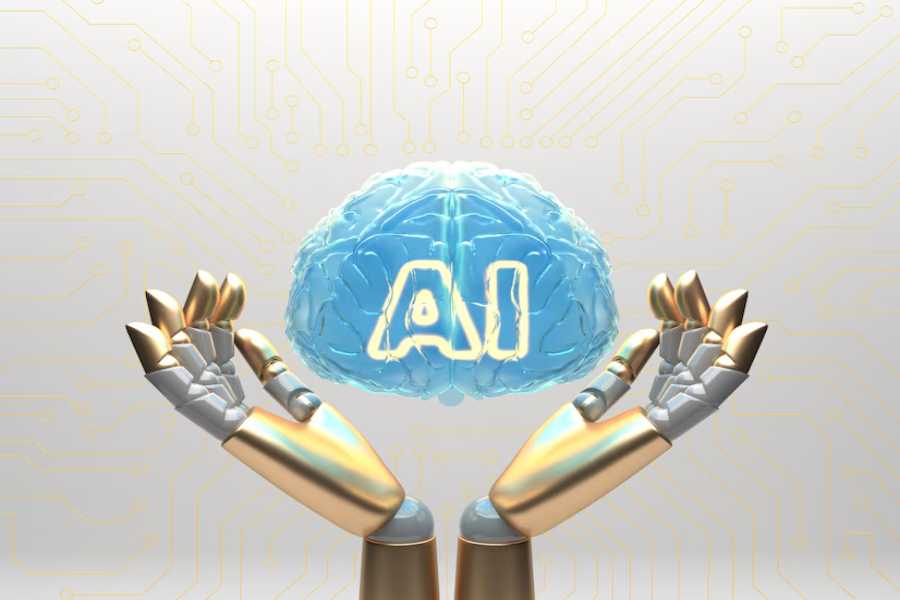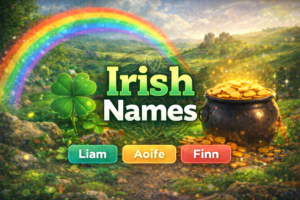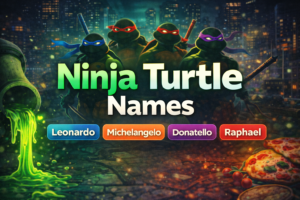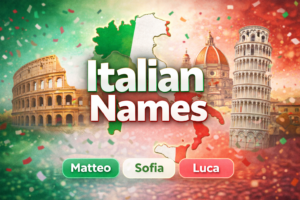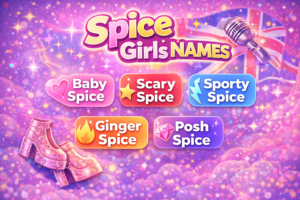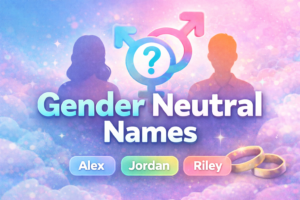If you’re new to the world of Artificial Intelligence (AI), you’re not alone. With AI evolving rapidly, it’s easy to feel overwhelmed by the terminology, tools, and use cases floating around. But understanding AI doesn’t have to be complicated. You don’t need a background in computer science or advanced mathematics to start exploring how AI can integrate into your everyday digital life. Whether you’re a student, a content creator, or someone curious about tech, this guide will help you get your footing.
Understanding AI in Simple Terms
At its core, AI refers to machines or software that mimic human intelligence. These systems can learn from data, adapt over time, and make decisions based on the patterns they detect. You might have already used AI without realizing it. Voice assistants, predictive text suggestions, and music recommendations on streaming platforms are all AI-powered.
But AI goes far beyond casual applications. Businesses now use it for fraud detection, customer support automation, and content generation. Creative fields are experimenting with AI for design, writing, and even music production. The beauty of AI today lies in its accessibility; it’s no longer just a domain for developers.
Choosing the Ideal Name for Your Internet Identity
As you start dipping your toes into the digital world—especially if you’re joining platforms like Discord, YouTube, or Twitch—choosing the right name becomes more important than you’d think. Your online persona often becomes your brand. It helps others recognize you, remember you, and engage with your content.
AI name generators have emerged as helpful tools in this area. These tools can suggest unique usernames based on your preferences, style, or niche. For example, if you’re into gaming and humor, you might get combinations that blend pop culture with irony. This leads naturally to one of the lighter aspects of AI: creating humorous Discord usernames. The best part? These names often reflect a blend of personality and randomness, injecting fun into the serious tech landscape.
Adding Laughter to Learning and Gaming
One often-overlooked aspect of AI is its role in enhancing entertainment and learning through humor. Educational platforms now incorporate AI to tailor content in engaging ways. If a math lesson includes a few well-timed jokes or quirky examples, there’s a good chance that AI helped personalize the experience. Similarly, in gaming communities, AI moderates chat rooms while allowing some creative leeway for fun. The combination of humor and intelligence not only makes digital experiences enjoyable but also more relatable.
A First Look at AI Marketing Tools
If you’re curious about how AI extends into the professional world, AI marketing tools offer a compelling entry point. These tools help brands and individuals optimize their digital presence by automating tasks like content creation, customer engagement, and audience analysis.
Imagine you’re managing a small online store. With AI marketing tools, you can generate product descriptions, analyze buying trends, and even create targeted ad campaigns—all with minimal manual input. The appeal lies in the tools’ ability to save time while offering insights that would take hours to gather manually.
Many of these tools are user-friendly, which makes them suitable even if you’re new to both AI and digital marketing. You don’t have to learn coding to use them; most come with intuitive dashboards and tutorials to get you started.
And if you’re exploring content creation, you might be interested in trying out an AI video maker app, which can help you produce engaging videos without requiring editing experience. These apps often integrate with marketing tools, making it easier to maintain a cohesive brand image across multiple platforms.
Where AI Meets Creativity
AI is not just about automation and analysis—it’s increasingly involved in the creative process. You can use it to write poetry, generate visual art, compose music, or even co-write dialogue for role-playing games. Some creators feed AI their own content to get style-matched outputs, which helps in maintaining a consistent voice. This is where AI transitions from being a tool to becoming a creative partner.
The key here is experimentation. AI offers suggestions; it’s up to you to decide what to keep and what to discard. As you become more comfortable using these tools, you’ll develop a better sense of how to blend your ideas with what the AI offers. This can make your content more dynamic and engaging, even if you’re just starting out.
Staying Grounded as a Newbie
Starting out with AI might seem like stepping into an entirely new world, but it’s one you can navigate at your own pace. Begin with small applications that resonate with your interests. If you’re into gaming, explore how AI moderates online communities or helps design virtual worlds. If you’re building an online persona, see how AI can generate avatars, usernames, and bios. And if you’re aiming to grow a brand or monetize content, AI marketing tools can help you streamline the process.
The trick is not to think of AI as a separate domain but as an extension of the digital tools you already use. The more familiar you get with it, the more natural it feels to include AI in your routine, whether you’re learning, working, or just having fun online.
Conclusion
AI doesn’t require you to be an expert—it just needs you to be curious. As a newcomer, you’re in a unique position to explore with a fresh perspective. From picking your first username to experimenting with marketing platforms, there’s something in AI for everyone. Tools like AI marketing tools can enhance your creativity and productivity, even if you’re only starting to find your voice online. Whether you’re laughing at a witty bot-generated username or crafting a campaign with AI’s help, you’re already part of the AI journey. Embrace the learning curve, it’s more fun than you might expect.

